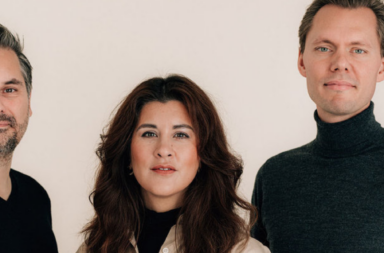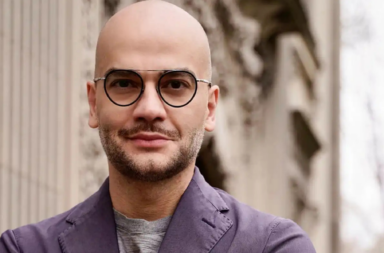Oatly, the company that develops oat-based diary alternatives, has during the summer raised an investment round that values the company at $2 billion, making it a Unicorn (as private owned companies valued at over $1 billion have become known).
The plant-based food industry certainly has momentum. In the US companies such as Impossible Foods are in focus, but based in southern Sweden, Oatly has been gaining more and more pace. It is loved brand, especially for its provocative branding and communication. Now the company raised $ 200 million, from amongst other Oprah Winfrey, Natalie Portman, entertainment agency Roc Nation (founded by Jay-Z), and former Starbucks CEO Howard Schultz. An impressive list, and something that surely will help the company grow even more in the US. The investment round was led by none other then Blackstone. This last fact however is also something that has gotten people upset.
Blackstone lead investor
The fact that Blackstone was the lead investor has made some people see red. Blackstone, which manages a lot of pension funds world-wide, has close ties with the Trump administration and has been accused by the UN for its aggresive evictions during the financial crisis, which the UN deemed has worsened the global housing crisis. For some this is a direct conflict with what Oatly stands for, being a company that puts sustainablity first. Locally Fredrik Gertten has put a voice to it, critizing that Oatly is “selling it’s soul”.
Oatlys CEO Toni Petersson responded, claiming that putting the investments worlds money to good use is a necesary step to fight climate change. Responding to the questions “Is it possible to change the world without the help of the planet’s richest?”, he says:
“No. Not when we are trying to tackle something as big and acute as the climate crisis. How would that work? Should we get people to boycott the companies that control the world’s capital flows? Difficult, if not impossible. Most people have their pensions invested in these companies’ funds (consciously or unconsciously) and when it comes to the pension in particular, you often stand closest to yourself and are happy with every penny that falls into the account. Should we get states and governments to create stricter regulations? Possible, but it’s way too slow. And the climate can not really wait, no matter how cliché it sounds.”
He continues:
“A third alternative is to get the fighting streams of capital invested in different companies to end up in sustainable companies. For example, by, like Oatly, choosing to receive money from a company like Blackstone in front of a company that already manages green money today. The deal we just completed means that we are moving at least a few dollars in the right direction (200 million to be exact), dollars that would otherwise have gone to something else. This is how real change is created. And this is exactly what Oatly’s DNA is: To constantly question the status quo, to challenge and dare to make uncomfortable decisions to push the world in the right direction.”
Oatly has already previously been in the spotlight, when Chinese China Resources, which has close ties to the government, invested in 2016. This has been highlighted now as well. And Oatly, a company focusing on transperancy and labeling the food industry as opaque and non-transparent, has been critized for it’s communication around this topic. It has, however, not made a secret out of it.
Strong focus on growth, despite Corona
But questioning aside, the continues rise of Oatly is probably certain. A bigger obstacle then it’s investors might be the current COVID-crisis. Pre-pandemic, the company reportedly had 50% of their Chinese business and 30% of the U.S. business from food service and coffee shops. However, being both focused on the food service as well as retail, the effect seems to be manageable.
“The industry hasn’t collapsed but there has been a drastic decline in those channels. If you look at the U.S., those declines have been completely absorbed by retail. We are committed to supporting and helping the coffee shop community because it meant so much to the success of how we built the brand. In China, we routed the food service and coffee shop sales to e-commerce in a very successful way. We’ve been very lucky that we have been able to adapt.” says CEO Toni Peterson in an interview.
Focus on sustainability
Oatly is about converting cow milk drinkers into it’s plant-based alternative. The company, started in Lund and with production in Landskrona, has had a long run so far. Original the focus was on creating a an alternative for milk. Founded on research in the 1990s by Rickard Öste at Lunds University, the brand was born in 2001 and has grown since then, even if slowly initially. When Toni Petersson came on board in 2014, the companies branding was reinventing, and took on it’s more playful but also more provocative style.
“We don’t look at ourselves as a food company. I think that’s the difference between us and the competition. We are a sustainability company that makes oat milk, which is a different angle. If you put sustainability in the center of things, you can propel the brand into different dimensions. We want to be a thought leader within the sustainability movement and one of the companies that triggers a societal shift.” says Toni in an interview.


